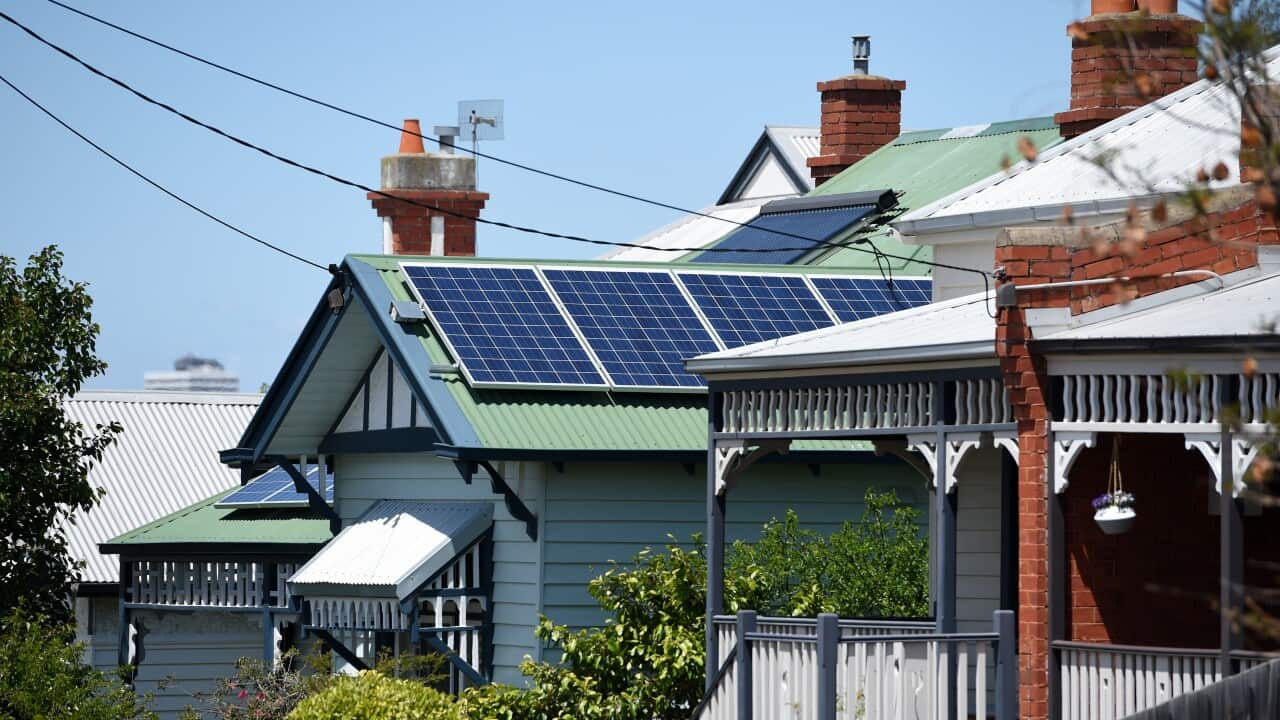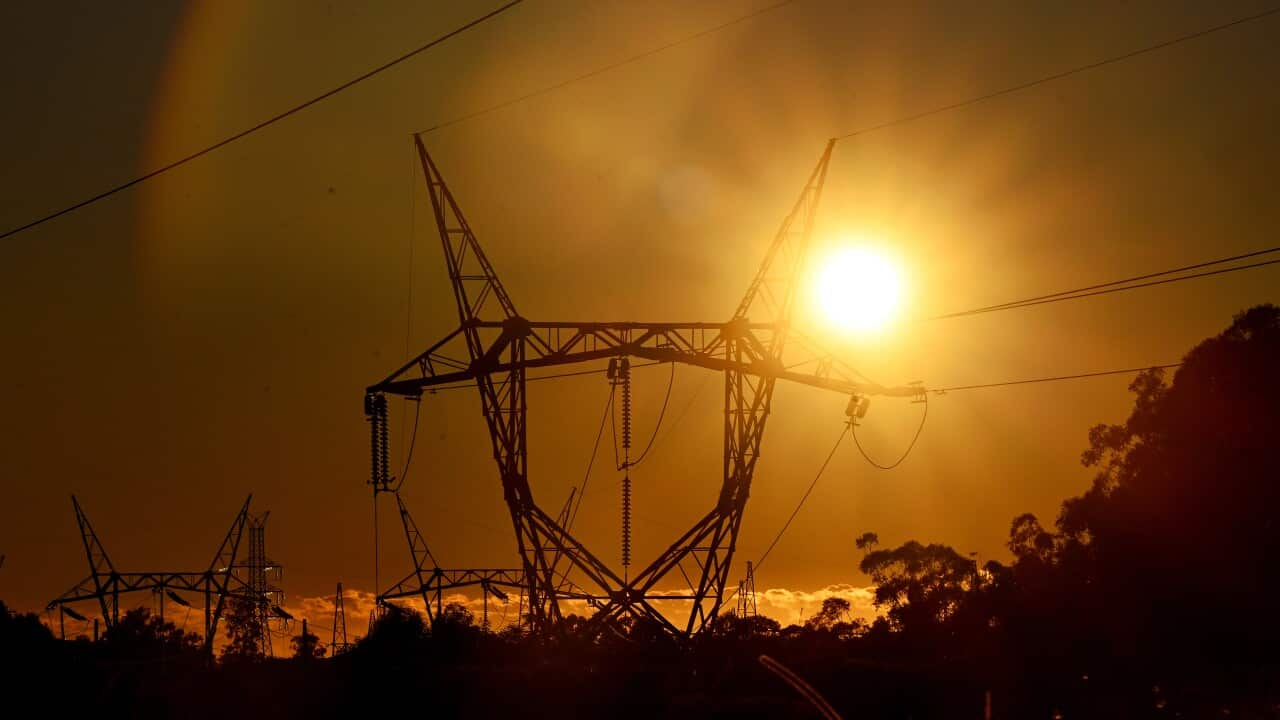Key Points
- The Climate Council says solar is saving Australians a collective $3 billion on power bills every year.
- More than 300,000 systems are installed in Australian households every year.
- But high upfront costs are a major barrier for many, particularly those struggling with the rising cost of living.
When Mamoon Reza installed solar panels on his roof five years ago, his electricity bill dropped significantly.
"For us, it was more about the not knowing — getting bill shocks. Sometimes it would be large, sometimes it wouldn't be as large," he said.
"The peace of mind of not getting bill shocks anymore. Not getting a bill that you didn't expect to be so large."
By adding solar batteries, Reza has gone a step further — he's now earning money back.
"Once we put the batteries in, we actually haven't had any electricity bills this year at all," he said.
"We've actually got a little bit of credit. We've got about 400 dollars in credits so far because we do sell some of the excess in the battery back into the grid."
The Climate Council says Australia's solar energy industry has grown significantly over the past decade, with more than 300,000 systems installed every year.
The average household saves around $1,500 per year on power bills, and Australia's 23 gigawatts of rooftop solar capacity accounts for about 25 per cent of the national electricity capacity.
'Ongoing opportunity'
However, the Climate Council has found that wealthier households are less likely to install solar panels despite having the resources.
Amanda McKenzie, CEO of the Climate Council, sees this as an area of untapped potential.
"We've found in our research that it's the outer suburbs that have really jumped on solar to reduce their household bills as well as reduce climate pollution," she said.
"There is a lot of opportunity still in wealthy suburbs, as well as others like apartment dwellers, who may want to put solar but may have not had the opportunity yet."
McKenzie said there are ongoing opportunities for solar in Australia, and "we are really just at the start".
With Australia being one of the sunniest countries in the world, the Climate Council said it would be a waste not to use that to its full potential.
The next frontier for households is to invest in solar batteries, which store excess energy for later use.
Dani Alexander, CEO of the Energy Institute at the University of New South Wales, said this could help stabilise the energy supply, especially during times when renewable energy sources aren't generating power.
"The benefit of a battery is not to generate new power but it's to store power that is generated from other sources and use it at different times of the day. In the context of renewable energy, it's variable," she said.
"We often hear this story of 'the wind is not blowing' or 'the sun is not shining'. Any type of energy storage and battery included is able to store that at times when there's surplus, so we can use it when there's a deficit," Alexander said.
But Alexander said the high upfront cost of batteries is a major barrier for many, particularly those already struggling with rising living costs.
"If we were to see the widespread rollout of battery storage at the household level, there would need to be some kind of government support for that.
"We did see that in the solar generation side, where at the early stages of solar PV development, there were government incentives that supported their rollout."



